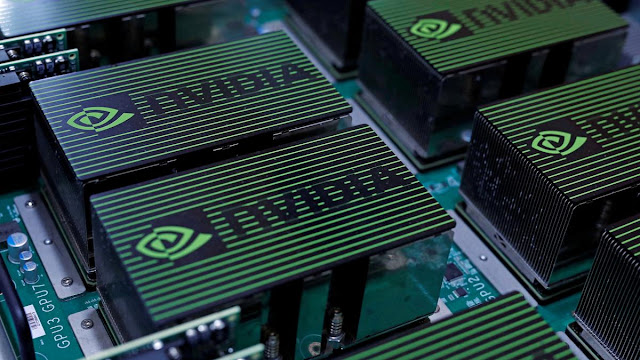Chinese authorities have summoned representatives of US chipmaker Nvidia over what they described as “serious security issues” concerning its H20 artificial intelligence chips, intensifying scrutiny of American tech exports amid deepening US-China trade tensions.
The Cyberspace Administration of China (CAC), the country’s top internet regulator, said on Thursday, July 31, it had called on Nvidia to explain reported vulnerabilities and possible backdoors in its H20 chips, which were designed specifically for the Chinese market to comply with US export restrictions.
The CAC also requested Nvidia to provide relevant documentation addressing the alleged risks, citing concerns raised by US experts that the chips could include advanced location tracking and remote shutdown capabilities.
The move comes just weeks after Nvidia announced it would resume sales of the H20 chips to China, following Washington’s easing of licensing restrictions that had temporarily halted exports. The H20 is a toned-down version of Nvidia’s more powerful AI chips, crafted to navigate US national security curbs aimed at limiting China’s access to cutting-edge technologies.
Nvidia CEO Jensen Huang, who recently visited Beijing, reaffirmed the company’s commitment to its Chinese clientele. “They want to know that Nvidia continues to invest here, that we are still doing our best to serve the market here,” Huang said, describing the country as “open and stable” following meetings with senior Chinese officials.
The latest development adds to Nvidia’s challenges in maintaining a foothold in China, the world’s largest semiconductor market, as Beijing intensifies efforts to reduce reliance on foreign technology. Analysts say the probe into the H20 could be part of a broader strategic push to promote domestic alternatives, such as Huawei’s 910C chip.
“This is not surprising in the sense that targeting individual US companies has become a common tool in the context of US-China tensions,” said Jost Wubbeke of the Berlin-based consultancy Sinolytics. “What is surprising, however, is the timing,” he added, noting that the two countries recently agreed to extend trade discussions in an attempt to ease tensions.
Wubbeke suggested the investigation may reflect a “more assertive stance” by China and warned that renewed access to H20 chips might discourage Chinese cloud computing giants from adopting local solutions, potentially undermining the momentum behind domestic chip innovation.
The diplomatic and commercial strain also comes as China’s economy grapples with prolonged challenges, including a property sector slowdown and pressure from US trade policies. President Xi Jinping has repeatedly called for greater self-reliance in strategic sectors such as semiconductors and AI, as geopolitical rivalry with Washington intensifies.
Despite these headwinds, Nvidia continues to lead the global AI chip market and earlier this month became the first company to surpass a $4 trillion valuation, underscoring investor confidence in its role at the center of the AI revolution.






